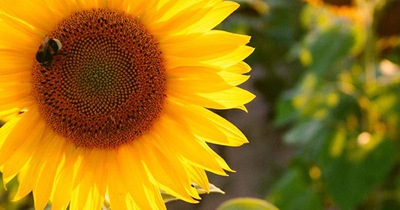On the trail of the Arctic animals
Climate change is taking the Arctic into a new ecological state. To understand the consequences of the upheavals this region is undergoing, an international research consortium, including researchers from the Centre d’études biologiques de Chizé (CEBC – CNRS / University of La Rochelle) and the Littoral, Environnement et Sociétés laboratory (LIENSs – CNRS / University…
Read more













